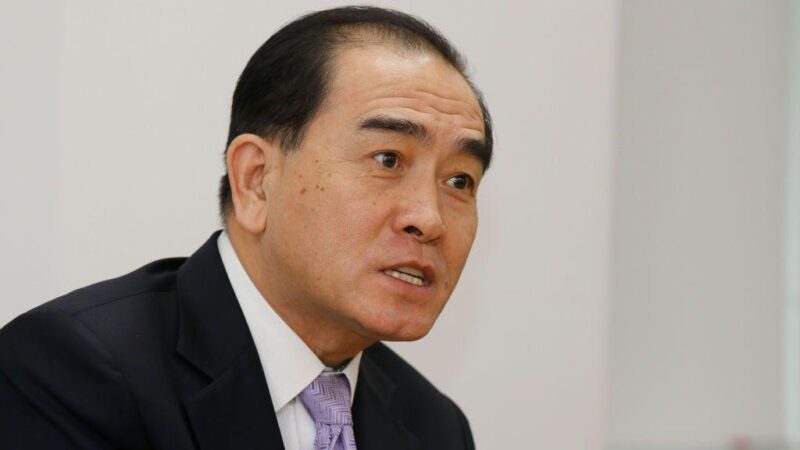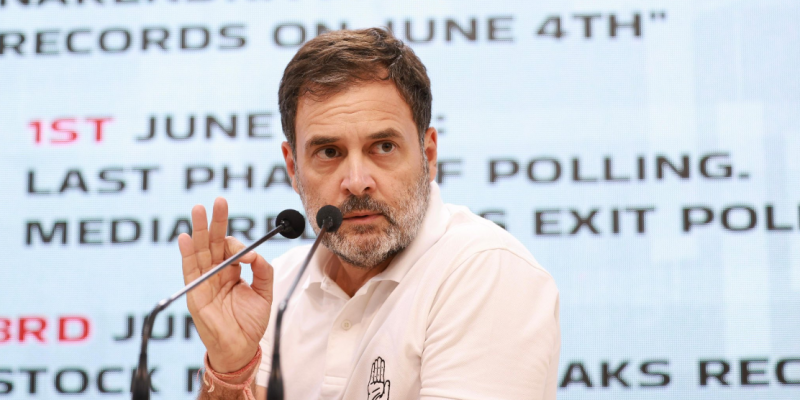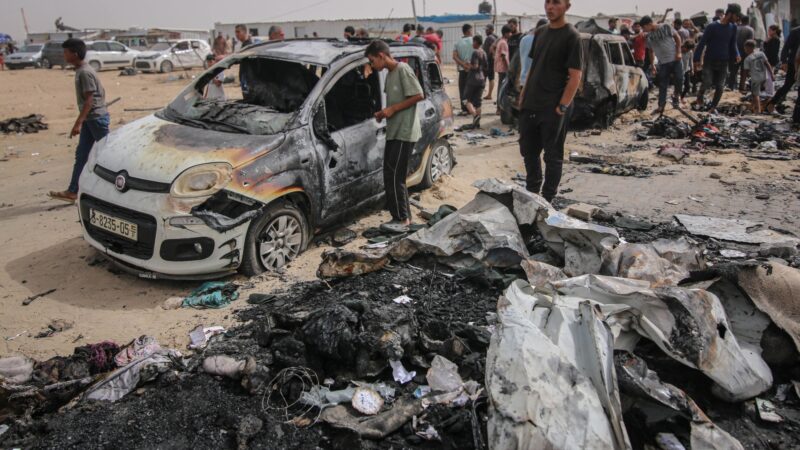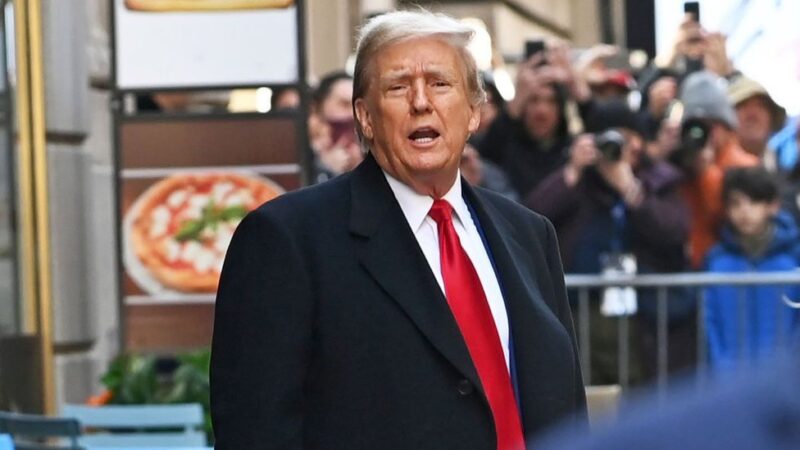Protests at President Rajapaksa’s house in Sri Lanka turn violent

Sri Lankan police imposed a curfew and fired tear gas at demonstrators protesting the severe food, gasoline, and electricity shortages.
On Thursday night, enraged demonstrators broke over barricades and were suspected of setting fire to a bus.
President Gotabhaya Rajapaksa condemned “extremist elements” for the events.
Sri Lanka is mired in a currency crisis that has damaged the country’s economy.
Public outrage has reached new heights as a result of 13-hour power outages, a lack of fuel, vital food items, and medicine.
The protest outside the White House started peacefully, but participants said that things quickly escalated as police used tear gas, and water cannons, and beat up those who were present. Protesters pelted police officers with stones in retaliation.
The administration has blamed the situation on the pandemic’s impact on tourism, which is one of the island nation’s primary sources of foreign money, as well as a series of church attacks on Easter Sunday 2019, which resulted in a significant decline in tourists.
Former Sri Lankan deputy central bank governor WA Wijewardena stated the country made a fundamental error by not integrating with the global economy after the civil war ended in 2009 when the country’s GDP grew by around 9%.
In the short term, the government’s refusal to allow the Sri Lankan rupee to decline wreaked havoc on the country’s foreign reserves.
As a result, foreign reserves, which stood at $7.6 billion at the end of 2019, have now collapsed to $2.3 billion, with usable reserves falling to $300 million.
Sri Lanka no longer has enough funds to buy necessities such as fuel for automobiles or even to create electricity.
As a result, the country’s electricity board has started enforcing increasingly long-duration power interruptions. Power was turned off for 13 hours on Thursday, with 16-hour outages planned in the coming days.
For millions of people, this has thrown their businesses, education, and daily lives into disarray.
Over the last several weeks, five elderly people have died after collapsing in lines. Food shortages and shortages of crucial medicines have been reported across the country.






